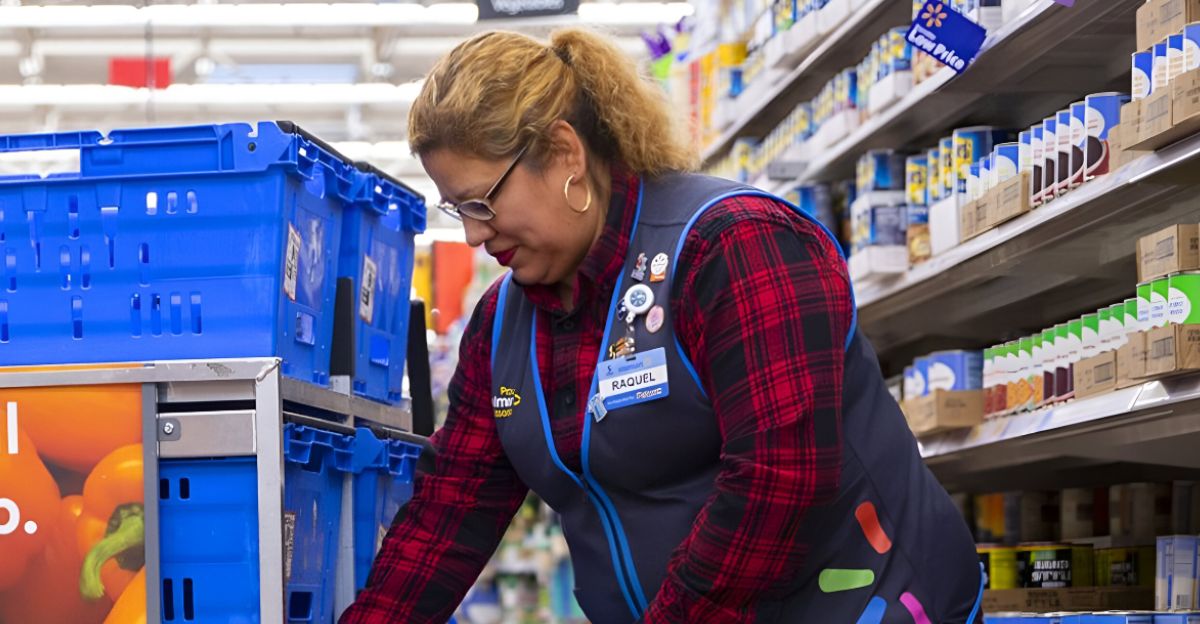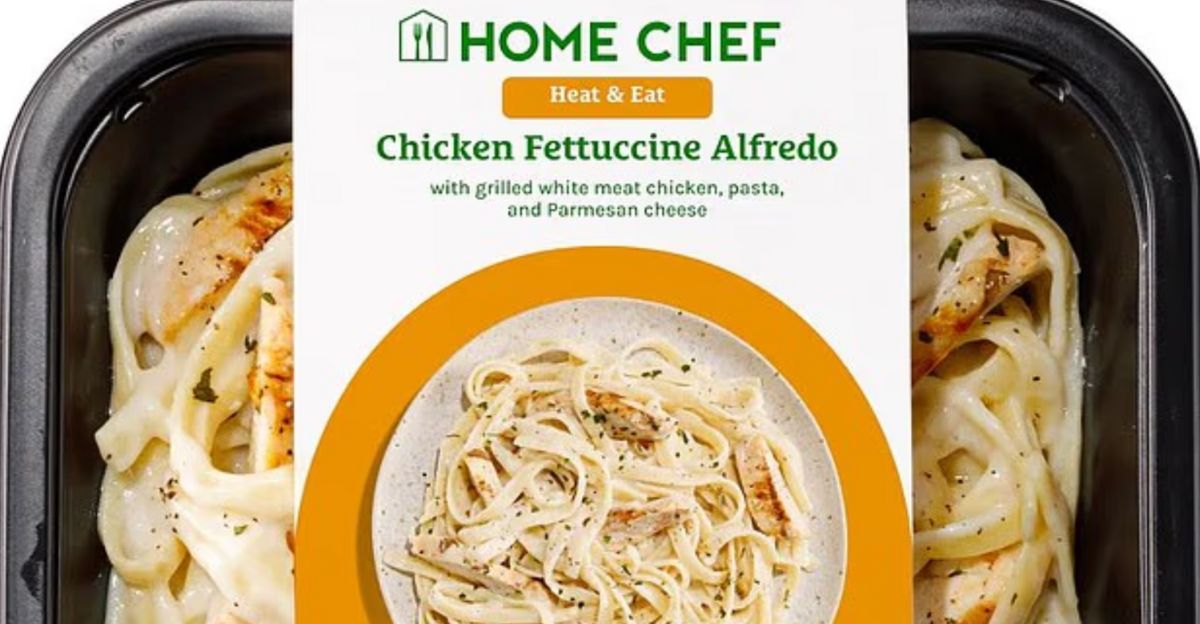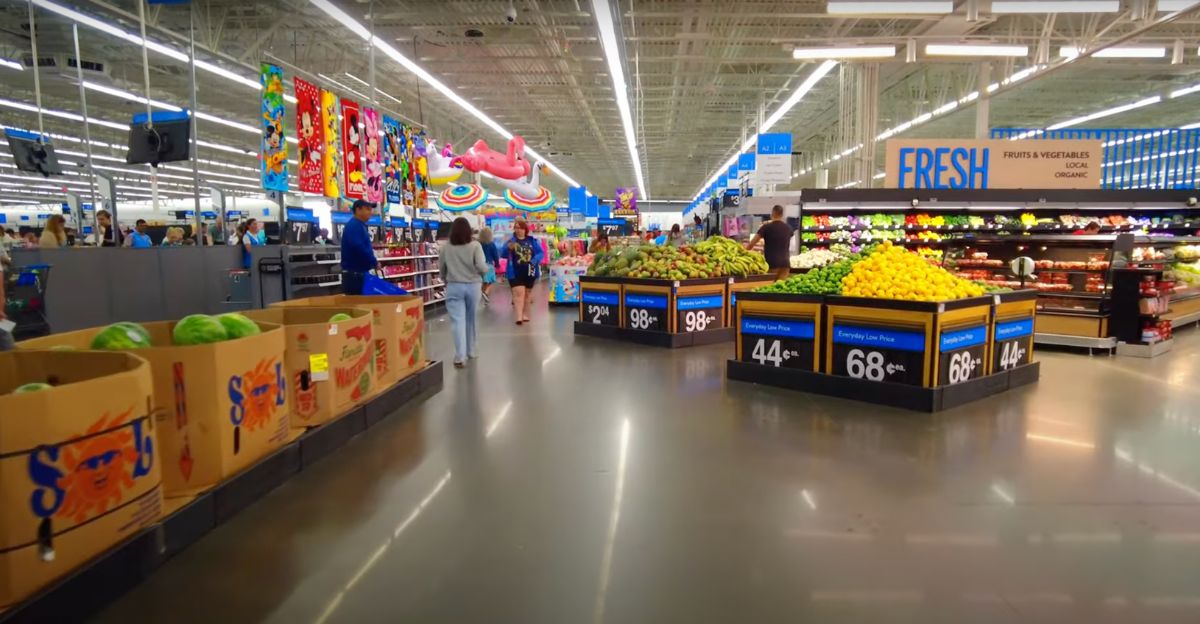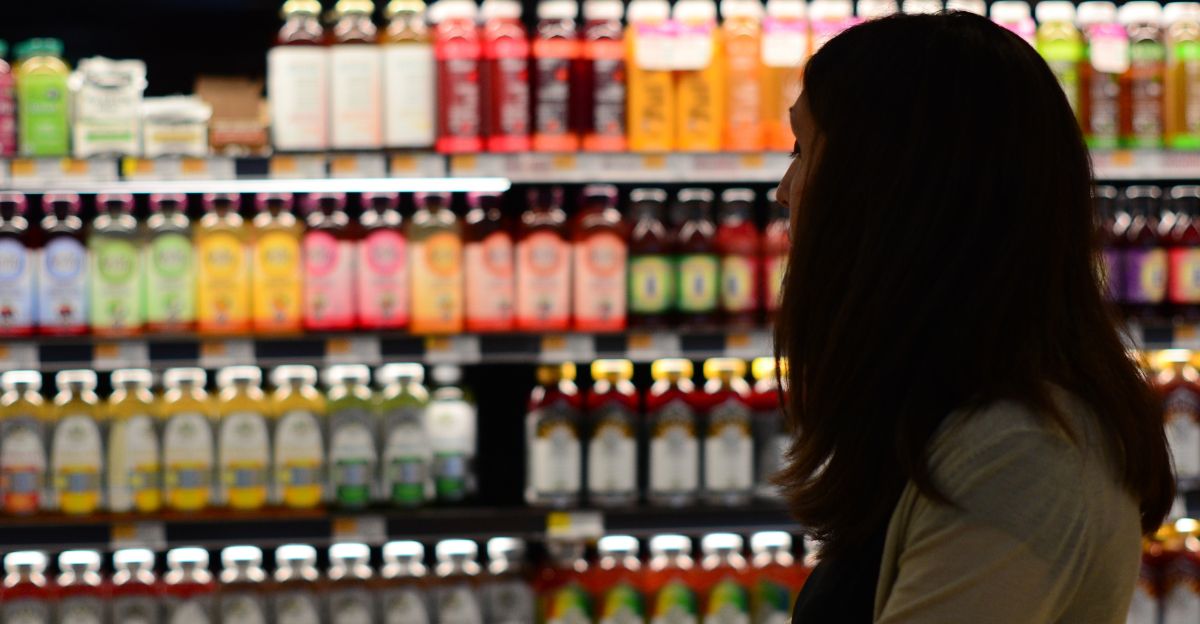
When Walmart invites tens of millions of shoppers to discard everyday items, it’s not always because of a spoiled meal. It’s a significant instance that reinforces our deeply ingrained faith in what we purchase and where we purchase it.
A recall is not a safety notice — it’s a fissure in the intently constructed relationship between consumers and brands.
In June 2025, Walmart’s huge recall of chicken Alfredo meals and electric blankets compelled others to rethink not only what they buy, but also the psychological comfort they’ve long linked with familiar shelf space in stores.
When Products Are Hidden Threats

Psychologists cite that trust is established in drops but lost in buckets. This is a bucket moment. In a matter of seconds, customers doubted not only Walmart, but the entire system safety and security system.
Why did no one notice it sooner? Can we trust labels at all? Even warming up dinner was suspicious, as folks reassessed what “ready-to-eat” actually is.
Recall’s Psychological Pressure

Psychologists cite that trust is established in drops but lost in buckets. This is a bucket moment. In a matter of seconds, customers doubted not only Walmart, but the entire system safety and security system.
Why did no one notice it sooner? Can we trust labels at all? Even warming up dinner was suspicious, as folks reassessed what “ready-to-eat” actually is.
This Blanket Turned Heat Into Fear

MaxKare electric blankets were the epitome of comfort. But in reality, they caused heat-related accidents and fires. Burns and material damage made warmth a matter of fear.
As they started being discarded, people couldn’t help but ask themselves: If this blanket betrayed me, then what else could? The psychological connection of “trust in the product” was shattered in bedrooms nationwide.
The Chicken Alfredo Scare

At the dinner table, the betrayal hit home with even greater force. Walmart’s Marketside chicken Alfredo dinners were linked to three fatal cases and a miscarriage.
Poof, a quick dinner was a lurking hazard in the fridge. Eating, our most basic moment of comfort and delight, became an act of risk assessment.
Listeria Outbreaks Create Long-Term Fear

Listeria outbreaks are rare but catastrophic. In addition to the direct illness, they instill a fear that lasts long after the refrigerator contents have been thrown away.
Pregnant women, the elderly, and the immunocompromised particularly fear this, viewing “convenience meals” through suspicious rather than relieved eyes.
How Social Media Created Recall Panic

The public responded with outrage and speed. TikTok rants, Reddit alerts, and YouTube exposé filled feeds.
Individuals posted stories in an instant: “I nearly served this to my children!” or “I discovered that this blanket was in my guest room!” In a linked world, a recall becomes our shared story and spins viral warning tales.
Choosing Smaller, Safer Alternatives

This collective fear has an unseen side effect: consumers start exploring substitutes they once dismissed.
Farmer’s markets down the street, independent grocery chains, or home-cooked meals now appear safer.
As inconvenient as these alternatives may be, they strike at our larger desire for control and certainty. We buy not just a product, but peace of mind as well.
The Hyper-Aware Shopper

Retailers noticed the problem right away. Consumers asked more questions, read more carefully, and even looked into supply chains.
A new breed of “hyper-vigilant shoppers” was born—shoppers who care more about safety than anything. Walmart’s recall woke them up.
Can Walmart Rebuild Trust?

Behind the scenes, Walmart struggled with rebuilding trust. Refunds, improved inspection, and artificial intelligence tracking were introduced.
But to consumers in general, these are band-aid measures. Once the psychological invasion is established, apologies or new technology cannot restore comfort and confidence.
Recalls Reduce Consumer Confidence

Product recalls are not a new phenomenon for Walmart. They recalled broccoli in 2025 due to listeria, beans due to allergens, and crackers for contamination.
Recurring infractions erode our unconscious mental concept of “safe shopping.” Each recall erodes the unconscious safety net we use when stocking our carts.
Passive to Active Buyers

The emotional ripple effect spilled out of the checkout line. Parents fought over new dinner routines. College kids rethought dorm staples.
Even brand loyalists began to steer clear of certain aisles. Consumers evolved from passive accumulators to active stewards of their home and health — a quiet but potent behavioral change.
When Lawmakers Intervene

Lawmakers and critics demanded tighter controls, improved warnings, and increased supply-chain accountability.
It may make the shelves safe, but it also proclaims something greater: we cannot presume “big to be safe” anymore. Every product has to be researched and carefully considered before purchase.
Tangible Steps to Shop Smarter

So what can you do? Dispose of recalled products properly, document your actions, and stay current with official bulletins.
Most importantly, develop a wise shopping practice: think twice before buying, research brands, and trust your instincts. In the era of recalls, knowing better isn’t being paranoid — it’s being wise.
A Mental Change in How We Buy

Walmart’s most recent recall isn’t just a corporate blunder — it’s a reflection of our fragile connection with convenience and trust.
As shoppers, we’re learning to see past price and brand. Cautiousness is now the norm, and every purchase an act of implied self-defense. The mental reset has begun — will we truly accept it?
